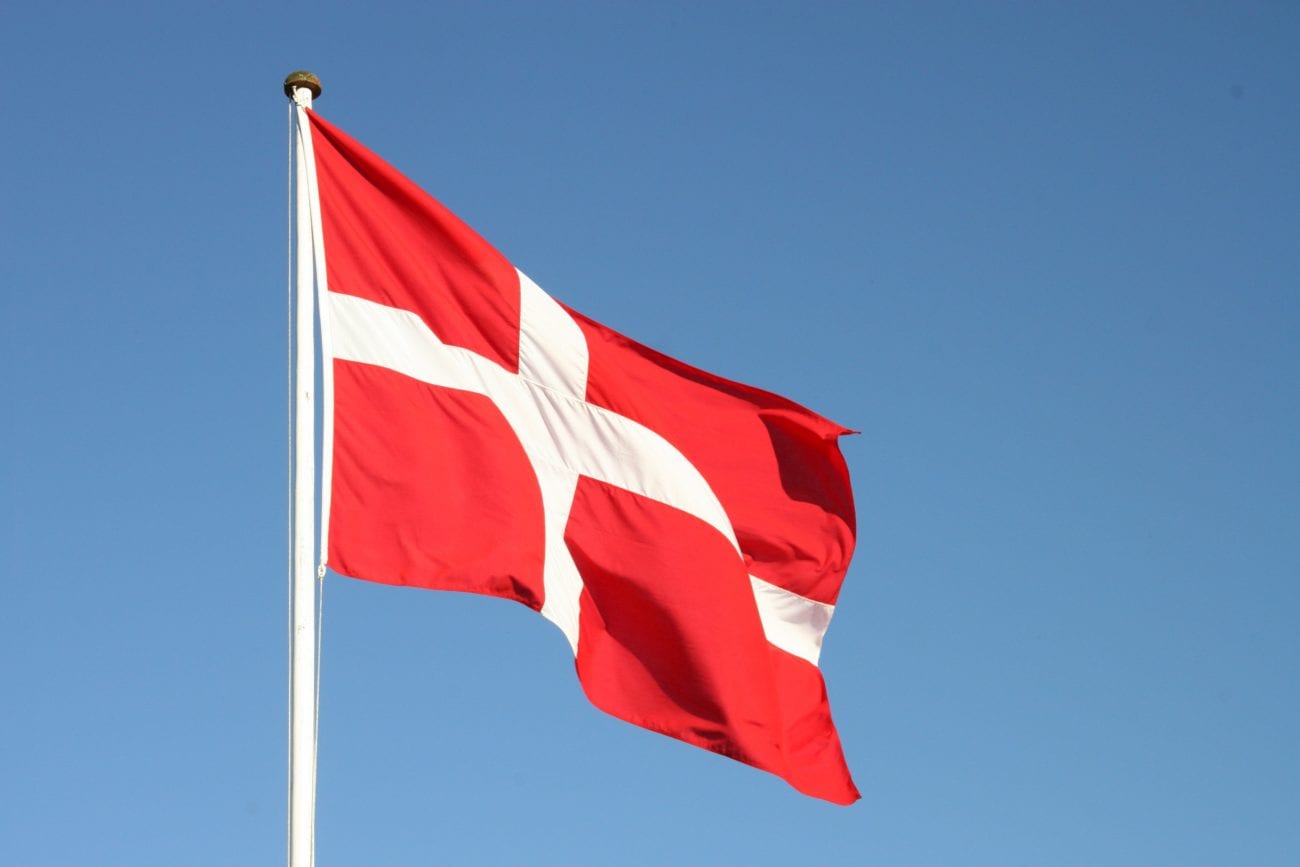Danske Spil completes roll-out of player ID cards

From today, all players across Denmark, Greenland and the Faroe Islands will be required to have a registered ID card, which can be taken out as a physical item or on a mobile app, in order to place bets at shops and kiosks.
The Sikkert Spil – or Safe Play – system was first rolled out in localised areas, starting in the Roskilde area followed by the island of Funen, and now applies across all areas of Denmark.
“We have over the years developed protections to ensure that children and young people under the age of 18 do not have access to betting,” Danske Licens Spil chief executive Niels Erik Folmann said. “Now we have rolled out the full implementation of Sikkert Spil.”
“It is due to several hundred hours of work that the Sikkert Spil solution has become as easy and user-friendly for our customers as it is. Safer gaming is also the largest accountability initiative in the history of the gaming industry, and we have had to ensure that our dealers have been well prepared and thus provide customers with the necessary assistance.”
“That is why we have run the rollout in stages. Fortunately, our customers have generally welcomed Sikkert Spil, as they want to help create a safe gaming market.”
In addition to the protection of minors from exposure to gambling, the Sikkert Spil system will make it more difficult for criminals to exploit the gambling industry for either money laundering or sports manipulation, as all bets can now be tracked across retail and online.
As Danske Spil is currently the only retail operator in Denmark to have mandatory customer identification controls, Folmann pointed out that it is still possible to play anonymously at competitors’ offerings. This, he said, should be rectified as soon as possible.
He explained that as long as it is possible to gamble anonymously, criminals will be able to fly under the radar, as well as allowing minors to take part in gambling activities.
The initiative was announced in November 2019, and though the operator admitted that it was likely to hit profits, this was a worthwhile trade-off for providing greater protection of children and preventing money laundering.
